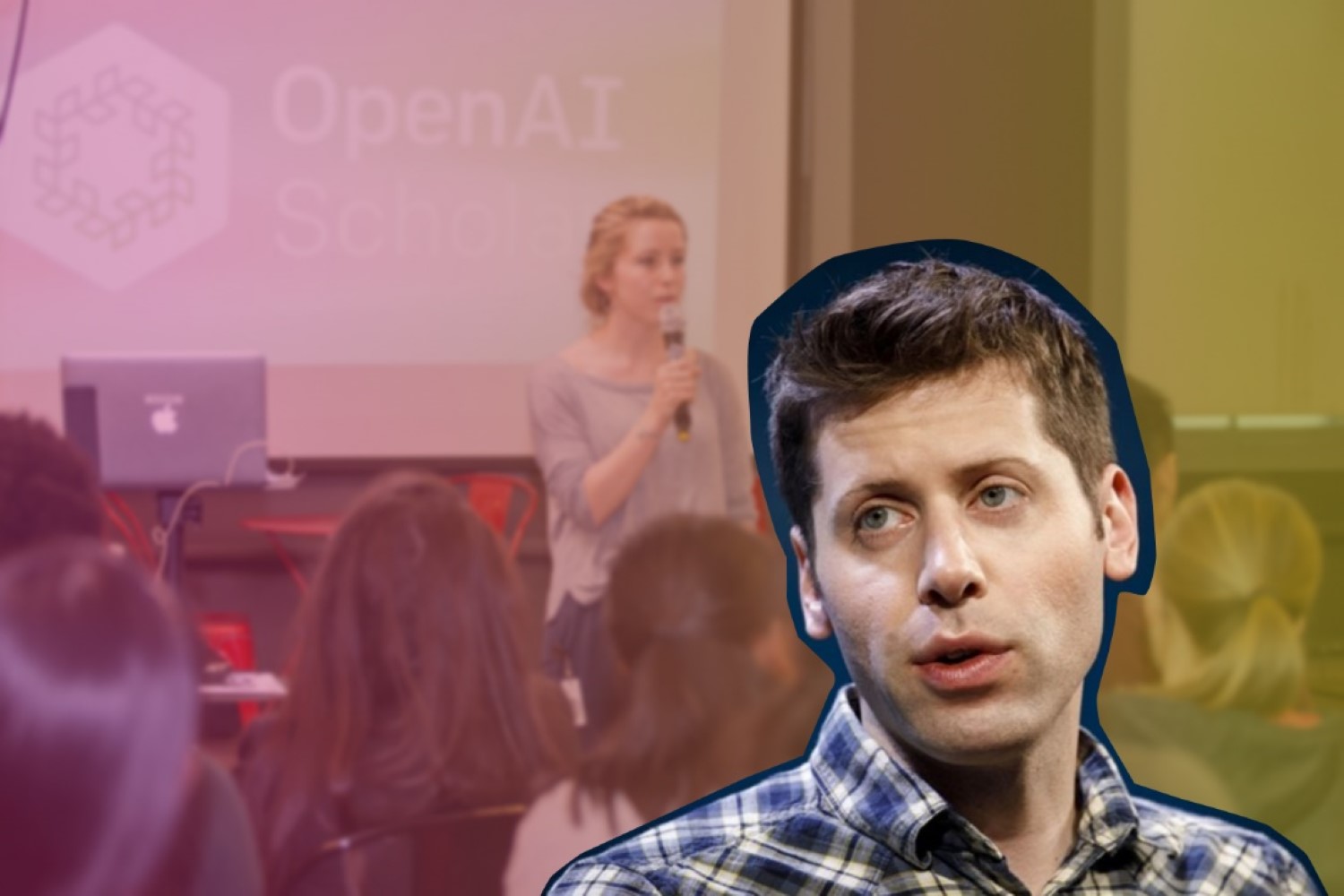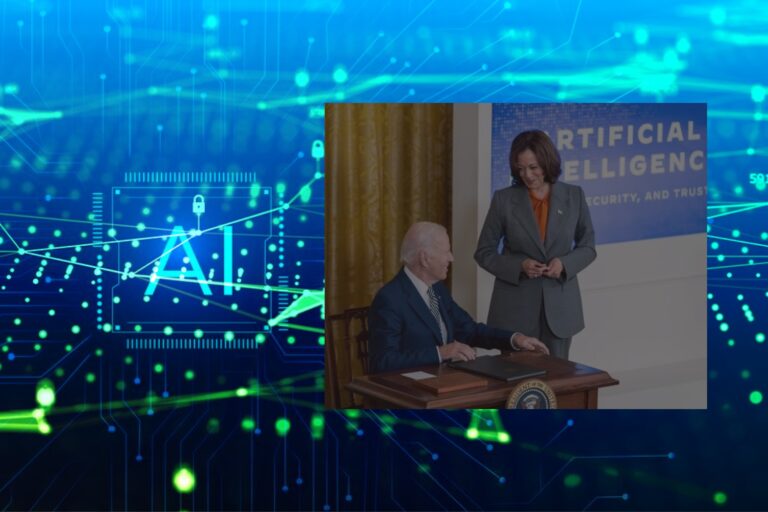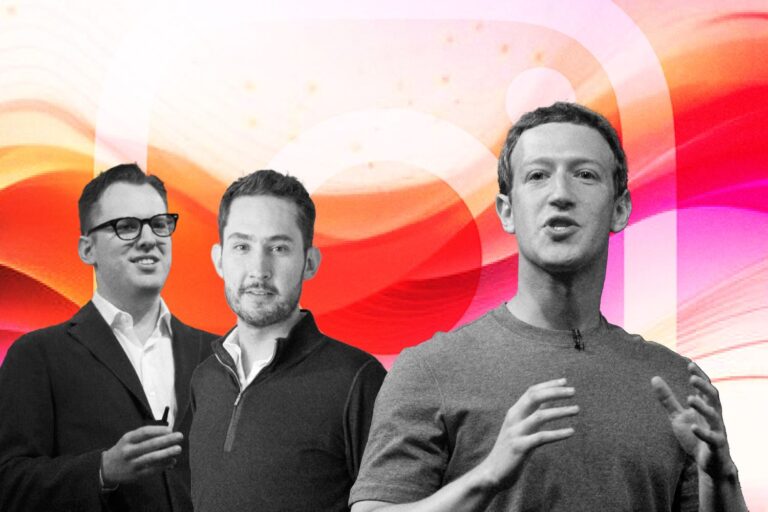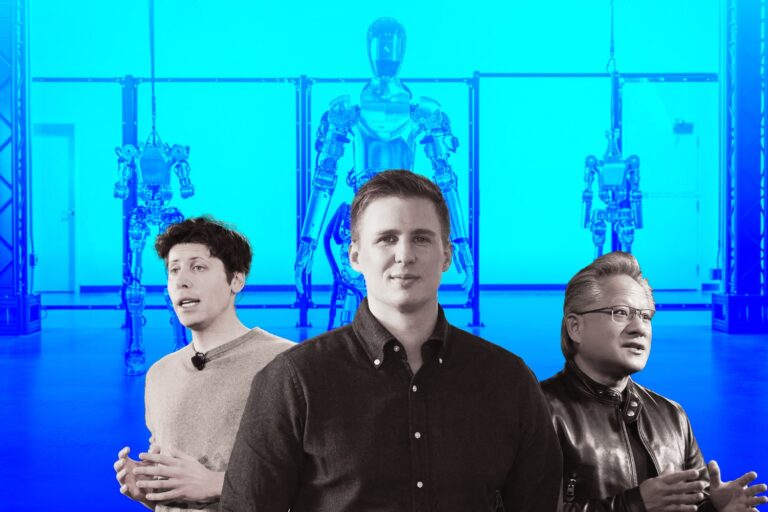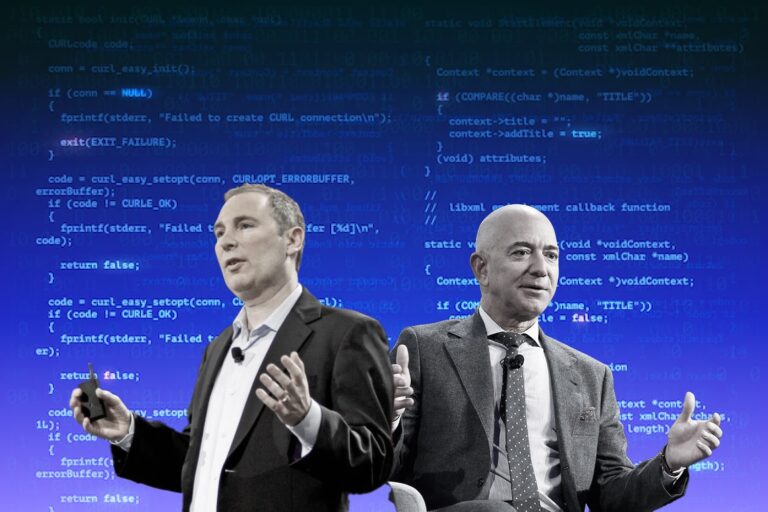OpenAI: How This Silicon Valley “Outlier” Truly Realizes “Safe” AI
In the modern world that we live, Artificial Intelligence is evolving minute by minute, and the potential implementation of AI, both beneficial and adverse, are rising with its advances.
Some scientists, like Stephen Hawking and Stuart Russell, raised a concern that if powerful AI ever develops the capacity to redesign itself at an uncontrollable rate, it could wipe out humanity.
In the phase of advancing AI, there is always some risk of creating something which we are actually concerned about. Nevertheless, empowering everybody to have AI removes the chance of any single person or organization having superior knowledge of AI.
That is the primary driving force behind OpenAI, a San Fransisco Based Startup that aims to lessen the likelihood that AI could hurt society as a whole by making it available to everyone as open-source AI.
OpenAI was founded in 2015 by Sam Altman and Elon Musk. This company specializes in studying the various applications of artificial intelligence. But instead of developing private technology for powerful corporations, it puts humanity’s “better good” first. Its research focuses mostly on creating friendly AI systems.
Within the field of AI development, OpenAI is the well-known name that everybody knows, but maybe just because they are all over the internet in recent weeks. However, there are a lot of stories about this startup that need to be told, not just because of advanced technologies, but also the mission that’s keep them going. Let’s read on.
AI “Universe”: When “Big Elephants” Get Their Teeth into Creating Goodness
As we know, OpenAI’s CEO Sam Altman was the president of YC Group. This group included Y Combinator and other entities. When he still serves as a president, he tried to expand the types of companies funded by YC.
Having put all of his heart contributing at Y Combinator and YC Group, Altman was recognized as a top investor under 30 by Forbes in 2015.
Sam Altman is renowned as a successful investor as well. He has invested in numerous businesses, including FarmLogs, Shoptiques, Stripe, Reddit, Asana, Pinterest, Teespring, and Zenefits, to mention a few. His work has enabled numerous businesses to leave a significant influence on the startup scene. He led Reddit as CEO for around eight days.
However, everyone wants to “sit in their own throne”, and Sam Altman is not the exception. Setting his eyes on founding his own company, he co-founded OpenAI in 2015 with Elon Musk – the father of Tesla and other entrepreneurs. To focus completely on his new company, Sam Altman left the board of YC in 2019 and now is no longer involved with the company and purely focuses on OpenAI.
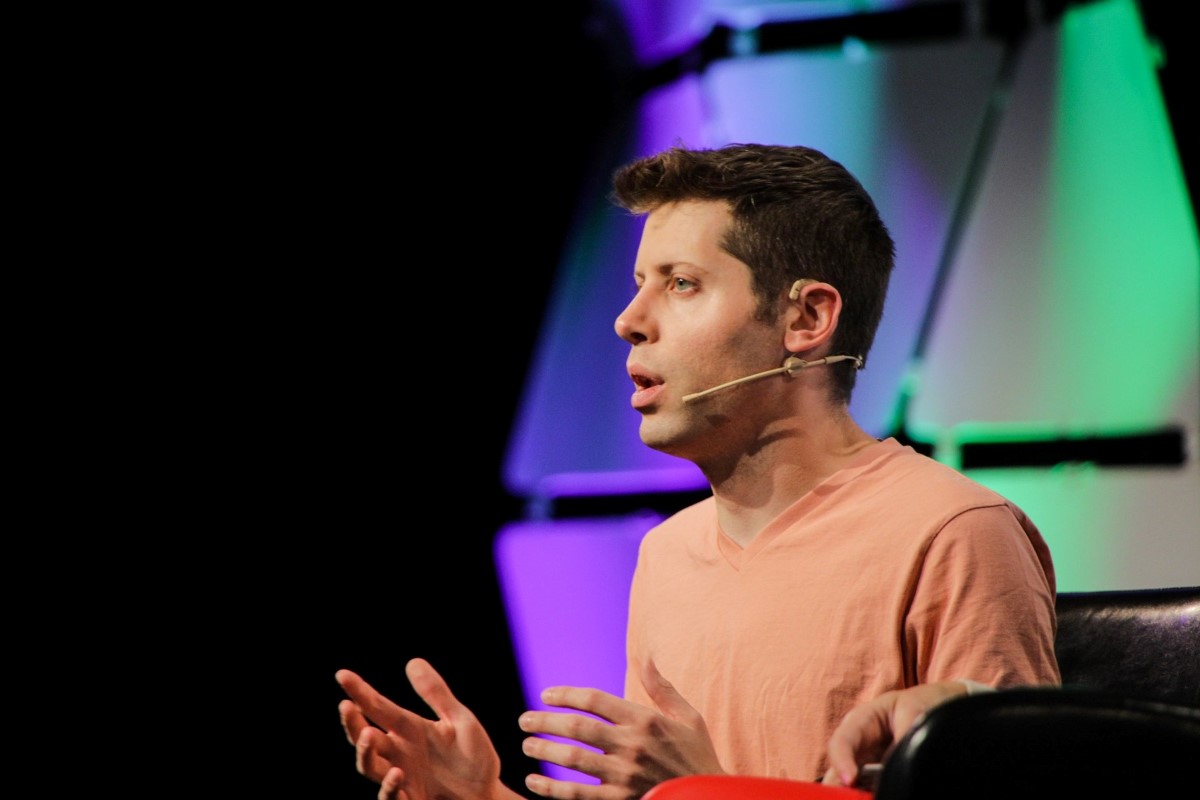
As mentioned above, OpenAI was established with the goal to enhance and develop friendly AI in a way that benefits humanity as a whole.
Having drawn in attention with its potential, OpenAI has captured the interest from Microsoft to join on its journey. Microsoft decided to invest $1B in Sam Altman’s vision.
This startup sought to build artificial intelligence in a responsible manner. Investors in Silicon Valley believe that terminators will exist in the future, but they are working to create artificial intelligence that will save humanity.
Elon Musk had been with the team for 4 years before he decided to leave the board to focus on solving a painfully large number of engineering & manufacturing problems at Tesla (especially) & SpaceX. However, he still remains an investor, and shared his excitement for ChatGPT’s launch. “ChatGPT is scary good,” he said.
What is it about this product’s insight that has even Tesla CEO Elon Musk showing interest? The next part will explain in detail.
ChatGPT – Human-Like Bot with Capability to “Blossom into an Answer Engine” Someday?
AI ChatGPT is a revolutionary new technology that is set to change the way we communicate and interact with computers. Developed by OpenAI, ChatGPT is a large language model that has been trained on a massive dataset of human conversation in order to understand and generate natural language.
This allows it to engage in realistic, human-like conversations with users, making it an incredibly powerful tool for a wide range of applications. One of the most exciting aspects of AI ChatGPT is its ability to generate human-like responses to questions and prompts.
This means that it can be used to create realistic chatbots for customer service, support, and other applications where it is important for the conversation to feel natural and human-like. It can also be used to power virtual assistants and other conversational interfaces, allowing users to easily interact with computers in a more natural way.
You have just finished the three paragraphs above, it’s not written by me, the editor of this article, but in fact, generated by ChatGPT, and AI technology.
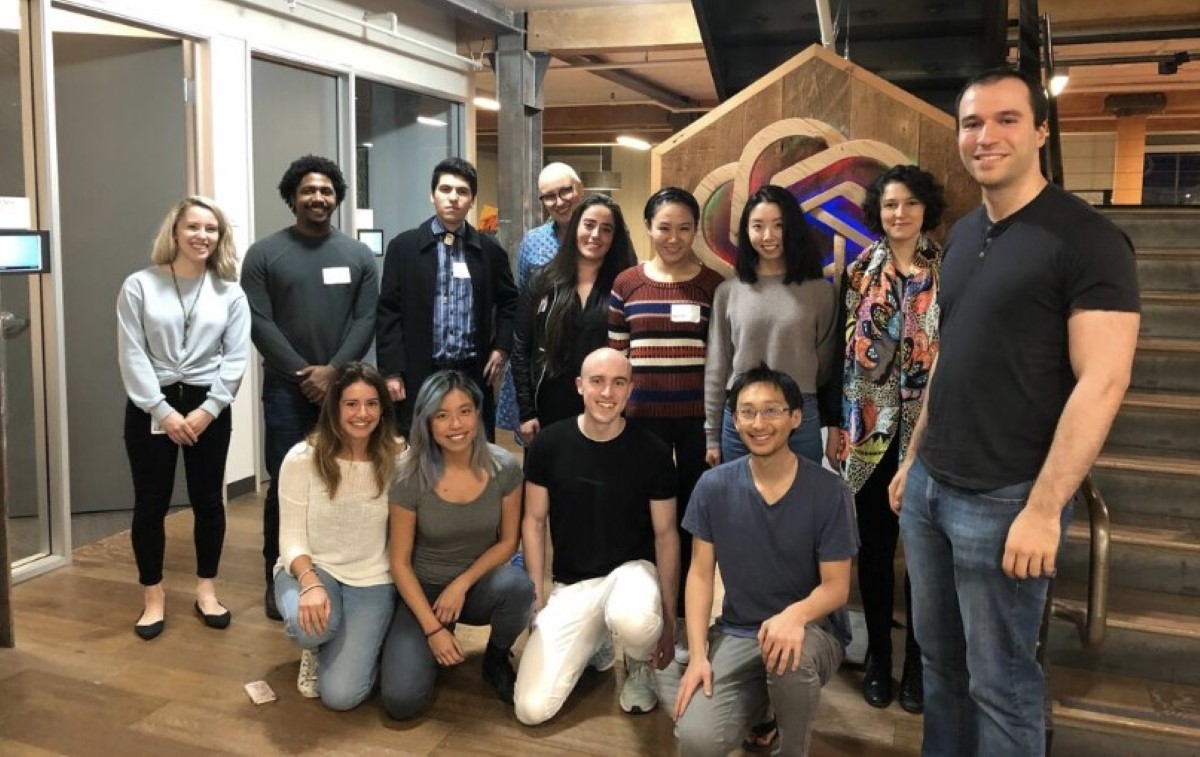
Now we can understand why people have been talking about this innovation since its launch in November. This OpenAI’s update is a powerful product, but a little bit scary.
Client support, online shopping, staff hiring and training, optimizing business processes, and delivering more individualized customer experiences are just a few of the many uses for ChatGPT.
Using ChatGPT, interactive narrative experiences may be made that let people explore and gain knowledge from virtual environments.
As it communicates with users, it keeps developing its comprehension of language and context, enabling it to respond to encounters more wisely and precisely in the future.
This indicates that it is always improving and expanding its capabilities, making it an exceptionally powerful tool for a variety of applications. AI ChatGPT is proficient in a variety of other activities in addition to conversational functions.
For example, it could be used to generate natural language summaries of long documents, making it a valuable instrument for researchers and other professionals who need to quickly and accurately handle large amounts of text.
Although ChatGPT is an effective AI-based chatbot system, it does have some constraints. It can only provide responses based on the information it has been trained on.
ChatGPT lacks the capacity to perform an internet search because it is not a search engine. Instead, it generates responses using the knowledge it gained from training data. As a result, all output should be fact-checked for accuracy and timeliness. This leaves space for error.
Also, the chatbot might not be able to offer detailed information or grasp conversational nuances or context.
Business leaders should be mindful of the risks associated with potential bias as is the case with all AI products. The responses provided by ChatGPT will be biased if the data it was trained on is biased. In order to ensure that chatbot output is free of prejudice and objectionable content, all businesses must use extreme caution when reviewing it.
But one thing has to be said, that we cannot expect something to be perfect at the first try. In fact, even this new AI innovation is still a potent tool despite some shortcomings.
During the development of the company, OpenAI has been releasing many products and solutions that help us live more comfortably, one of the first product is OpenAI Gym in 2016, a toolkit for developing and comparing reinforcement learning (RL) algorithms. Or DALL-E- a machine-learning model to produce images from language descriptions.
However, until the launch of GPT after being hidden for years, the company finally received the hype that it deserves.
Revolutionary Disruptions to Supply Chain Management – a Friend or a Foe?
OpenAI has garnered a lot of attention recently, and for good reason, thanks to those products that generate the excitement that pervades the internet. The research center has achieved great progress in the development of artificial intelligence technologies and the promotion of their responsible and safe application.
One area where OpenAI could have a significant impact is in the field of supply chain management. The capacity to analyze large amounts of data rapidly and correctly could be useful for optimizing supply chain processes, identifying waste and inefficiency, and making more educated choices.
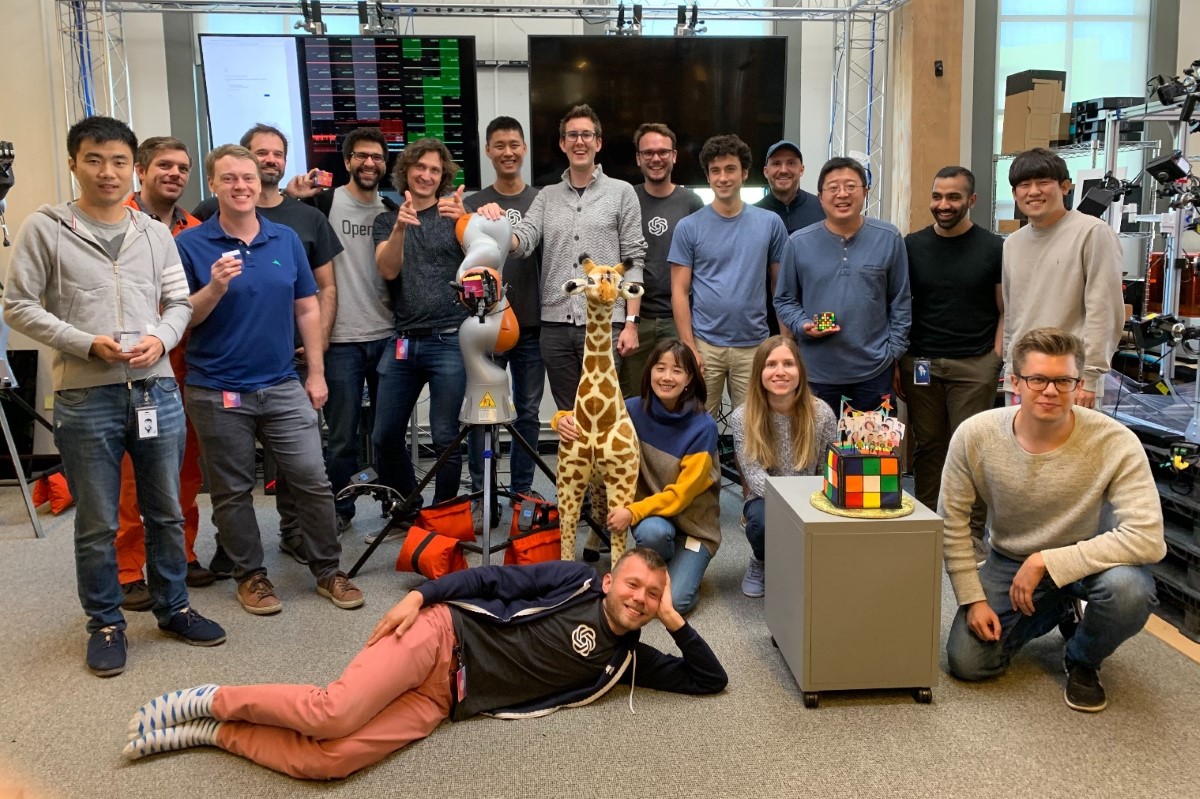
However, there are also possible downsides to the use of AI in supply chain management. There is a chance that automation technologies will be used to replace human labor by automating jobs. Concerns exist regarding the ethical ramifications of utilizing AI in decision-making, such as the possibility of bias in the technology’s underlying algorithms.
Overall, using AI to supply chain management could have both positive and negative effects. It is critical that academics and researchers in this subject carefully analyze the potential effects of this technology and create plans for dealing with the problems it poses.
The Final Destination of AI – It’s not About Tech, But the Equal Wealth Distribution
Talking much about these products, but we can’t forget the purpose of AI’s birth – to make this world better, in many aspects, and financial distribution is one of them.
In just ten years, the money that artificial intelligence will generate will be sufficient to pay every adult in the United States $13,500 annually. That’s what OpenAI Sam Altman stated in an article.
“My work at OpenAI reminds me every day about the magnitude of the socioeconomic change that is coming sooner than most people believe,” Altman, once posted. “Software that can think and learn will do more and more of the work that people now do.”
Altman refers to it as an “AI revolution” and likens its size to the technical, industrial, and computational revolutions. The technological development we accomplish in the next hundred years will be far more than what we have made since we first tamed fire and built the wheel.
On the rising wave of Artificial Intelligence, the government must act in accordance with this. In Altman’s words, “most individuals will wind up worse off than they are now if public policy doesn’t change accordingly.”
However, if the government collects and redistributes the wealth that AI will generate, AI’s exponential productivity gains could “make the society of the future much less divisive and enable everyone to participate in its gains,” Altman says.
In the next five years, AI will allow computer programs to read legal documents and provide medical advice, and in the following ten, they will be able to perform assembly-line labor and perhaps even become companions, according to Altman. And in the decades that follow, AI will be able to accomplish practically everything, including producing new scientific findings that will broaden our understanding of “everything.”
As the pace of development accelerates, AI “will create phenomenal wealth” but at the same time the price of labor “will fall towards zero,” Altman said.
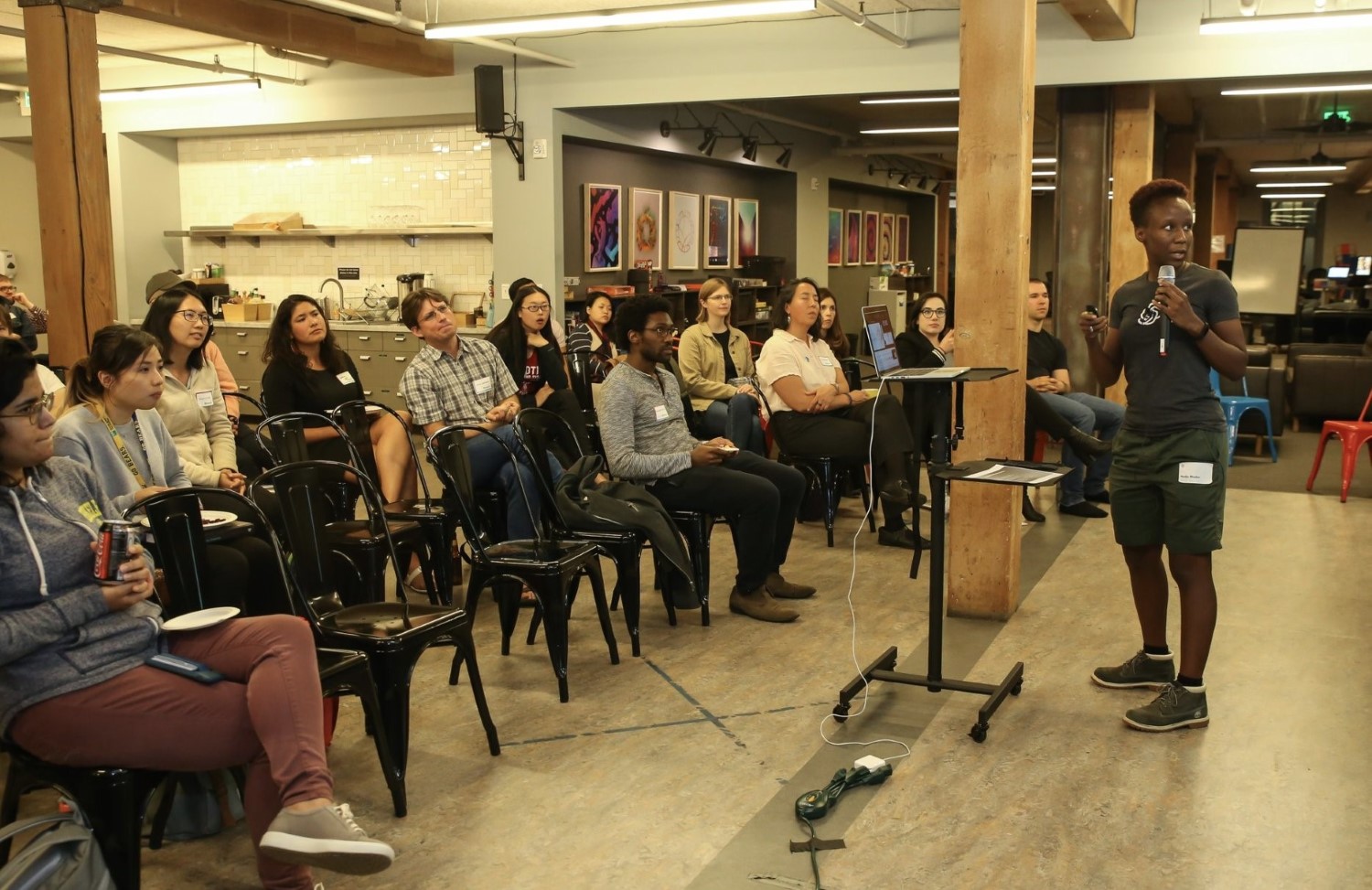
“It sounds utopian, but it’s something technology can deliver (and in some cases already has). Imagine a world where, for decades, everything – housing, education, food, clothing, etc.– became half as expensive every two years.”
In this upcoming future, where money will come from companies and land, governments should tax capital, not labor, and those taxes should be distributed to citizens, Altman said.
Altman suggested an American Equity Fund in his post, which would tax sufficiently large corporations with 2.5% of their market value in the form of stock and 2.5% of the value of all land with cash. According to Altman, private corporations with annual revenues of $1 billion or more would also be subject to tax and need to make cash payments.
Everyone above the age of 18 would be compensated in both dollars and corporate shares. People may use that money in the way they feel suitable.
Giving every citizen in the nation ownership would benefit everyone in society. Every shareholder in Amazon wants to see the share price increase. People have a real stake in the success of their country since their own wealth is growing together with that of the nation.
With this system in mind, 250 million adult citizens of America would receive $13,500 year in ten years, according to Altman. To get at this figure, Altman projected that the market capitalization value of US corporations, which is $50 trillion, and the value of privately held US property, which is $30 trillion, would both “nearly double” during the next ten years.
“That dividend could be much higher if AI accelerates growth, but even if it’s not, $13,500 will have much greater purchasing power than it does now because technology will have greatly reduced the cost of goods and services,” Altman wrote. “And that effective purchasing power will go up dramatically every year.”
Elon Musk hinted at a similar future. “There is a pretty good chance we end up with a universal basic income, or something like that, due to automation,” Musk told CNBC in 2016. “Yeah, I am not sure what else one would do. I think that is what would happen.”
Such a system is “both pro-business and pro-people,” Altman said, and would therefore bring together “a remarkably broad constituency.”
Even if that were the case, it is important to note that it is unlikely that lawmakers would implement such a scheme in the near future, especially given the bitter political climate at the moment.
However, Altman noted that if government policy were to change as it must, how people spend their time would also look very different.
Bottom Lines
People will have more time to care for others, spend more time with things that they care about, enjoy art and nature, or strive toward social good as AI produces the majority of the world’s fundamental products and services. Unstoppable changes are coming, but if we prepare for them and accept them, we may use them to build a society that is far fairer, happier, and more successful. Future potential is virtually beyond belief. Every day, OpenAI works to bring that future closer to us.
Looking at their performance during recent years, especially the products that empower people in daily life, we can predict something even bigger is coming at OpenAI.

